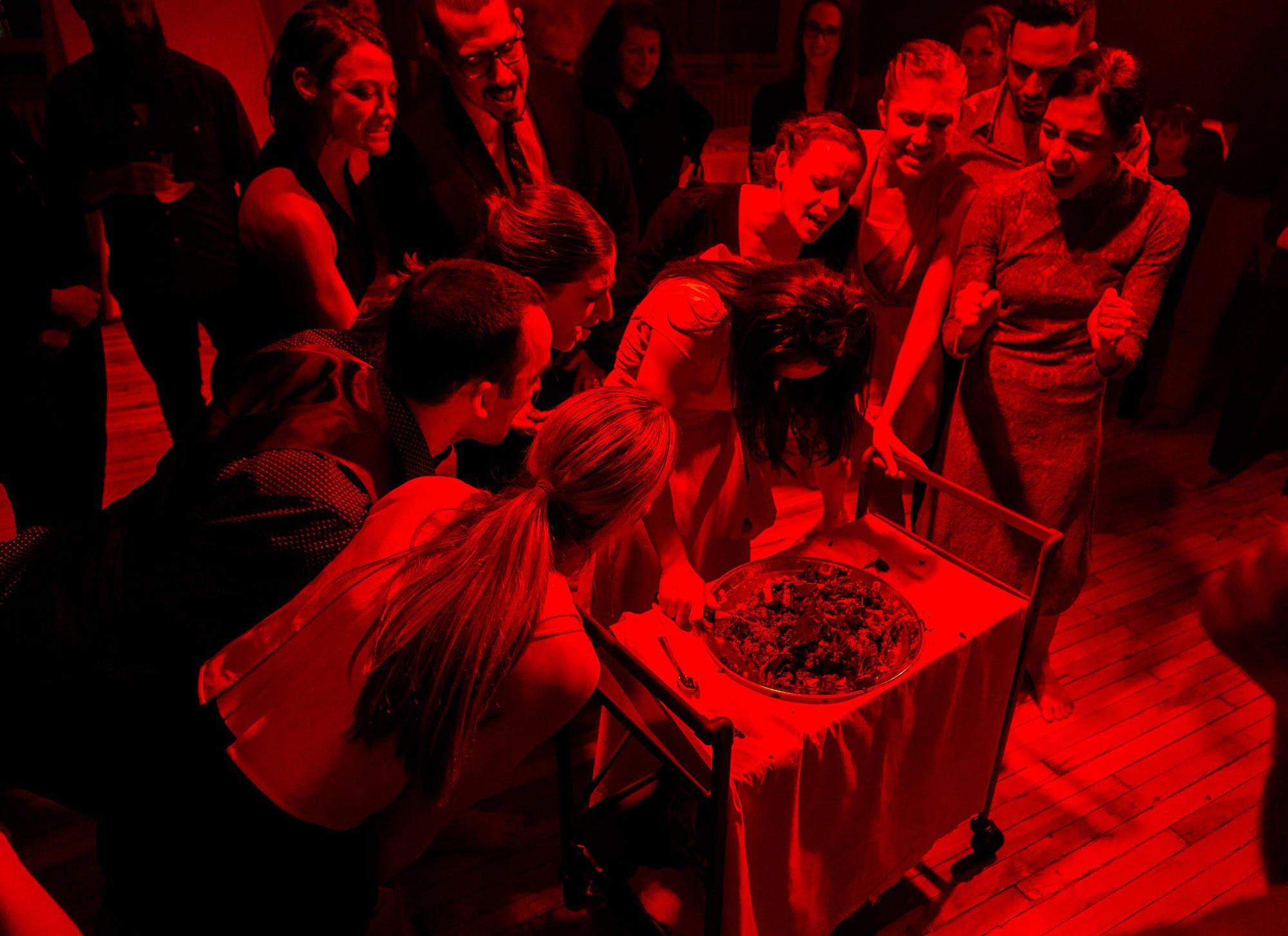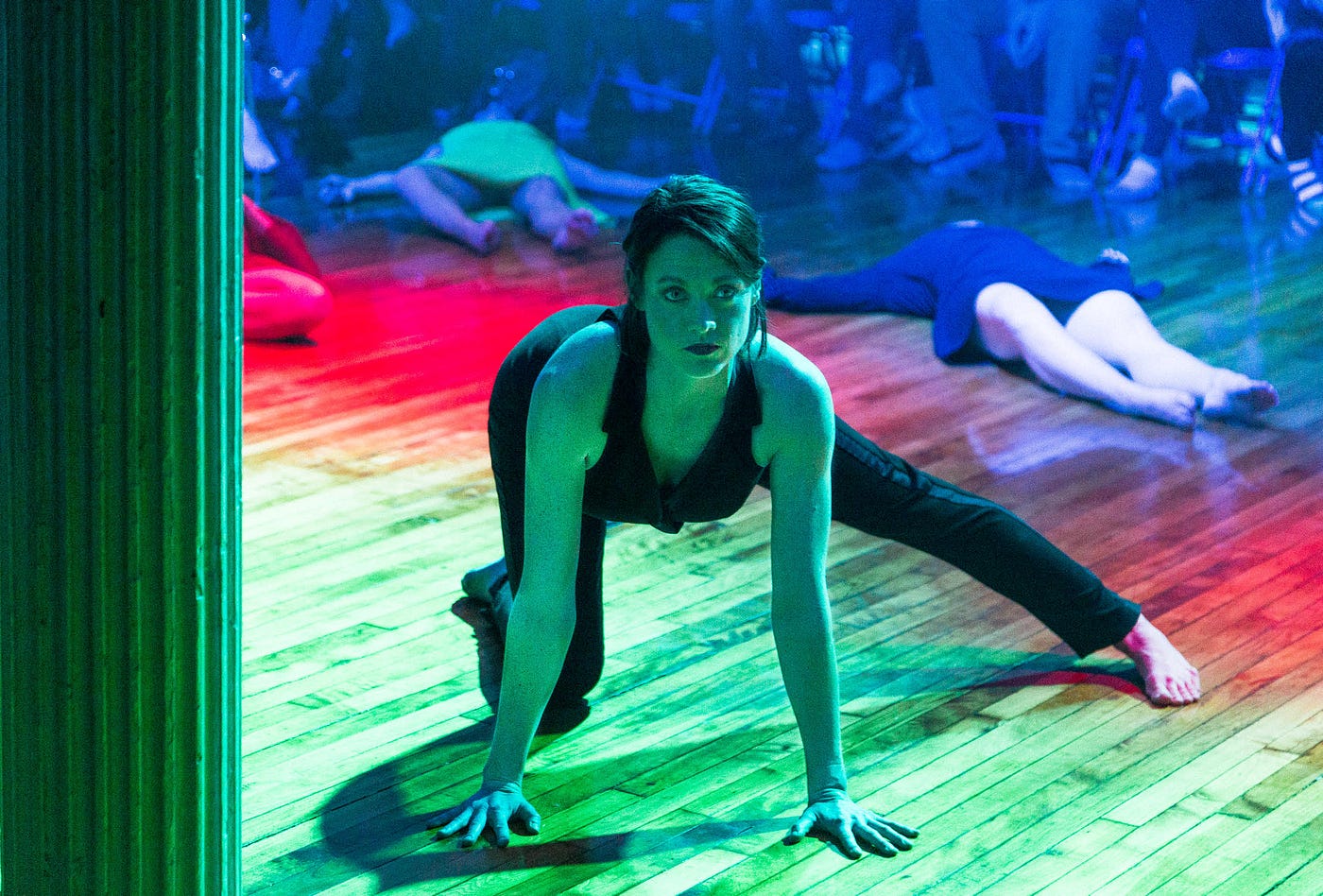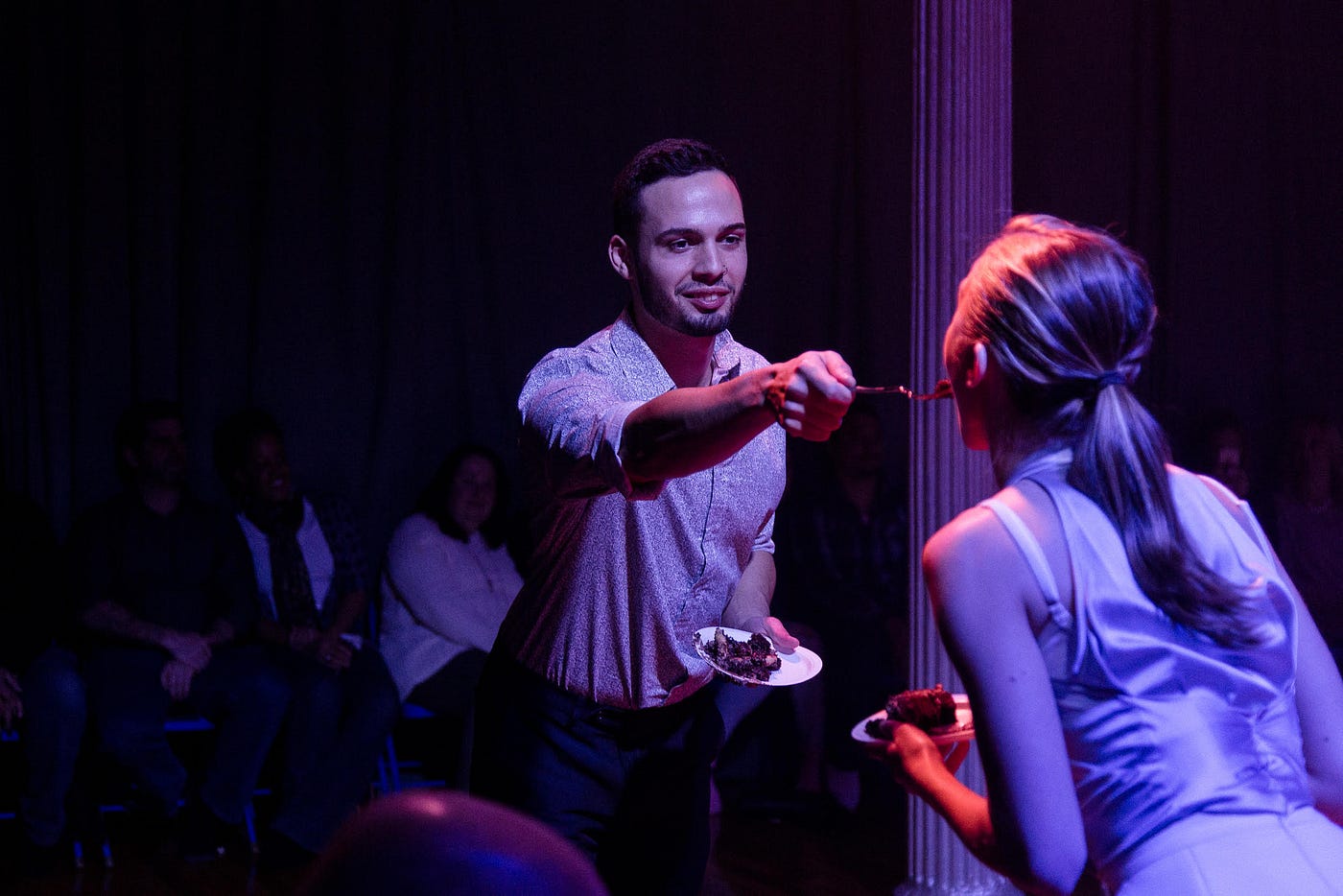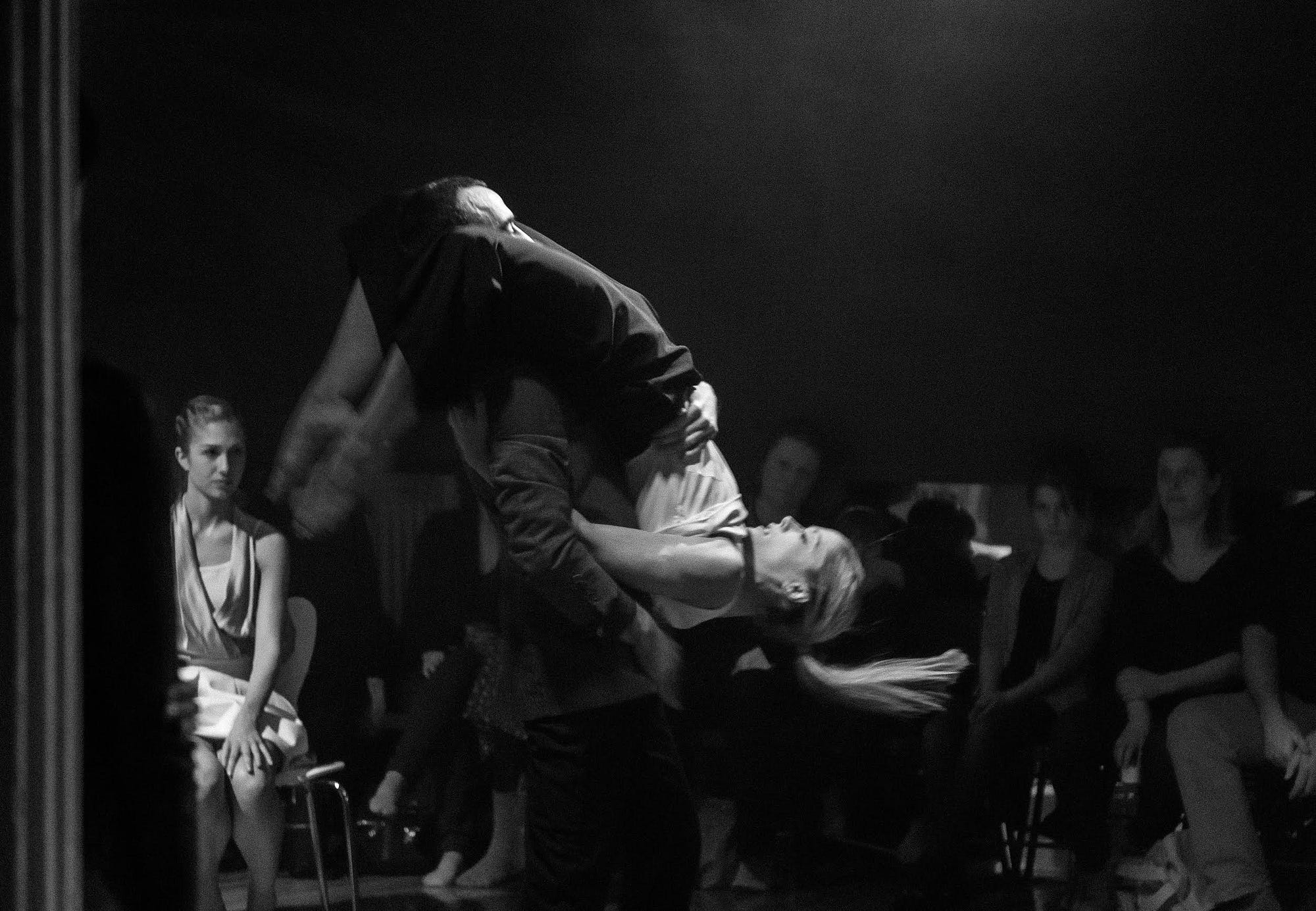
When I was in high school, I heard about an open house being held at a classmate’s house. She was wealthy as could be and her home was a beautiful setting for the party — nestled in the woods, with an expansive pool and plenty of deck tables to be loaded with food and drinks.
But when I arrived at the party, she began to throw a fit. Her parents insisted I stay; it was an open house after all. But her words still stung.
“I didn’t invite him! He doesn’t belong here! I don’t want him here!”
It made sense, I suppose. Even though it was hurtful, I was the awkward, slightly too enthusiastic anime fan who was rumored (correctly) to be gay. An open house party was only exciting to me because it was the only type of party I was invited to.
Still, it was a party — no matter how uncomfortable I was, I had to adhere to a certain level of social graces, even if the host didn’t. That’s just how the social contract of a party works. The thing that made this situation the worst, though, was that none of the other guests even addressed that it had happened at all. The rules of a party prevented them from even acknowledging anything was amiss — after all, a party is a happy occasion. You’re “ruining it” if you acknowledge something bad might be happening.
That sort of horrible, masked sadness while putting on a brave face at a special event is a universal experience; one that’s a perfect theme to explore through a more abstract medium like dance. Invited, the latest experience by Rock Dance Collective, does so by using a party going slowly wrong as the jumping off point for a bigger conversation: one about the ways we can be cruel, inhumane, and selfish to each other. Invited is about all the ways we hide our worst impulses in service of the social order, and also what happens when we don’t. More importantly, though, Invited provides audience members a chance for empathy and reconciliation.

The first thing worth noting is that Invited is at its core a pretty great party. The setting is intimate, the music a smoky variety of jazz and tango, the cocktails and hors d’oeuvres delicious, and the hosts gracious and welcoming. This makes it all the more disastrous as the party begins to go horribly, yet wonderfully, wrong.
Get Blake Weil’s stories in your inbox
Join Medium for free to get updates from this writer.
SubscribeSubscribe
After the attendees have filed in and are mingling with the hosts (the dancers in the piece), one by one the other “guests” come in: each displaying a bit of their personality. Here comes the obnoxious, overly affectionate couple; over here’s the disdainful gossip. But the highlight of the evening for me was the manic, over-enthusiastic party guest, who spent most of the evening attempting to force cake on everyone. She grabbed me from my chair and insisted we dance at one point, and she enthusiastically praised my clumsy stumbling. Each character fit neatly into an archetype of someone you’d rather not have to interact with in public.
The deliberate choice to make each character someone who acts badly or is, in some way, undesirable to be associated with, creates a haunting camaraderie between the audience and the worst-behaved guests. Between my tentative attempts to be kind and engage with the more awkward characters, other dancers would approach me with gossip and scorn for them. Playing along, and also not wanting to make enemies, I would banter back. That’s when it hit me: I was one of the villains in this piece, as much as it had villains. I was a guest behaving badly. The archetypes worked spectacularly to force the audience into that position.

The show alternates between staged dance pieces and opportunities for the audience to mingle and interact, typically staged around rituals of a party — opening remarks, a toast, a cake-cutting. All of these provided opportunities for food or drink. Small bites were passed during the staged dancing, while the champagne toast and cake-cutting had obvious edible components. The snacks and sips were more than just a bonus though. They effectively transported the audience into the world of the party. Being forced to compliment the deliberately cloying cake when confronted by the dancer who had brought it and then gossiping about its low quality with the other guests dragged me into the world of the show. The hors d’oeuvres and drinks worked just like they do at a real party, a tasty bite, as well as a conversation starter when banter hit a lull, and a conversation stopper when a guest or host became uncomfortable enough they wanted a quick exit.
The immersive aspects went beyond simple voyeuristic schadenfreude as the night went on. My perspective shifted after some more intimate moments with the cast. One moment was an incredibly uncomfortable monologue drawing a parallel between being forced to behave well despite others’ poor behavior to women’s reactions to street harassment. Both on the street and in a party, we’re trapped under everyone else’s scrutiny. If we rise to provocation, and react in kind by fighting back, we become targets, too. It’s not fair, and the comparison the character drew allowed a fantastic moment of empathy, with the rules binding us as theater-goers which prevent us from reacting to awkward situations mirroring the rules binding party-goers which prevent them from reacting to awkward situations. This speech was delivered by a character that up until that moment I saw as being snide and distant; seeing this other aspect gave her character new dimension. Afterwards, every glance between us took on a new meaning.
The other standout one-on-one performance was totally improvised. Richard, called “Dick” by everyone else at the party despite his protests, was the evening’s odd man out. From the minute he walked in, things didn’t go his way. His date flirted wildly with the other men at the party. That didn’t seem to trouble him all that much. After all, when she was done, he made a clumsy attempt to flirt with one of the men, though he was swiftly rebuked. The dances consistently put him in a feminine role, placing him in degrading or uncomfortable positions along with the female dancers, while the other male dancers were put into positions of power. And most directly, one of the party hosts gave a toast directly highlighting the idea that he was an outsider. This plotline came to a head when he was literally left out of a group dance number. He retreated to the bar to glumly sit alone. Despite the fact I was already seated, I felt the need to walk over to the bar and get him a drink. It wasn’t a long interaction — we just had a single, intimate beat together. But the look of gratitude and warmth he gave me, through his tangible sadness, stuck with me throughout the night.

I’m glad I took the opportunity to be kind at Invited, despite the other guests’ bad behavior, despite the temptation to be detached or cruel to the characters (which, admittedly, I had succumbed to briefly), and despite feeling uninhibited in the typically “consequence free” space of immersive theatre. I was, at this event, as I am within our society at large, invited to be a part of it. Being invited is a privilege, to be sure; a speech towards the end of the production invites us to consider those who aren’t invited, those who get left at the sidelines. What happens to the awkward, rumored (correctly) to be gay, overly-enthusiastic kids? What happens to the homeless? The immigrants? At the end of the day, responsibility tempers privilege. We’re all playing guest and host when we adhere to the social contract. Mutual respect for each other’s humanity keeps the world going — it’s what prevents us from giving in to our baser instincts. The rules that set a party, and the rules that set a society aren’t carved into stone — it’s up to the guests and hosts to be both welcoming and forgiving of those outside the norm. It’s what makes us good people. It’s what makes a fun, memorable party. Invited urges us to accept both the role of being a good guest and a good host with the grace they deserve.
Invited has concluded; learn more about Rock Dance Collective.
NoPro is a labor of love made possible by our generous Patreon backers. Join them today!
In addition to the No Proscenium web site, our podcast, and our newsletters, you can find NoPro on Twitter, Facebook, YouTube, Instagram, in the Facebook community Everything Immersive, and on our Slack forum.
Office facilities provided by Thymele Arts, in Los Angeles, CA.




















Discussion